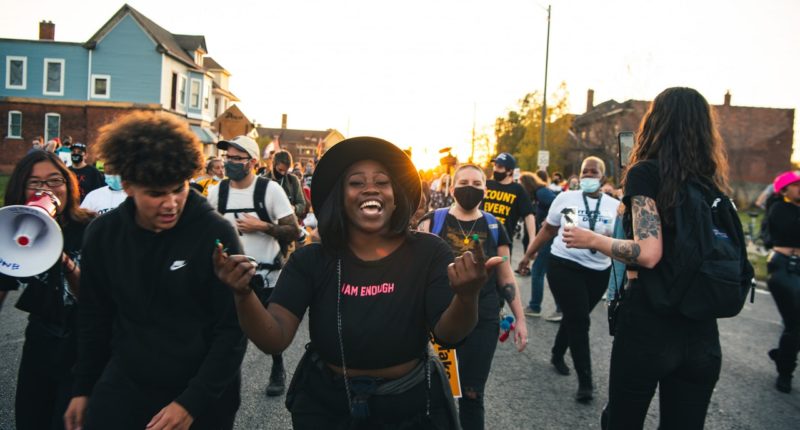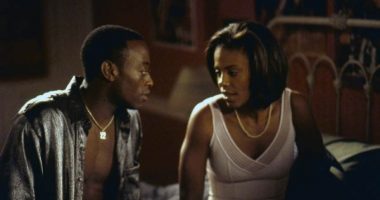A sad reality about culture in the United States is that most of what we learn about African-American history is told through the lens of a handful of activists. Not to undermine the works of Martin Luther King, Jr. or Frederick Douglass, but history too often doesn’t include a narrative about the influence that Black women have had on our culture.
To rectify this situation, Kali Nicole Gross, professor at Rutgers University, has published a book called “A Black Women’s History of the United States”. In her book, Gross explores over 400 years of African-American history. The book includes stories from civil rights leaders, the working class, the poor, and celebrities.
The goal of the book is to break down stereotypes and help Americans see just how Black women have helped shape our culture. Gross says,
“Everyday Black women, the poor and working-class as well as artists and athletes and Black queer women — all have had a profound impact in America, so it’s important to share their stories.”
A Thorough Look at Black Women in U.S. History
In her book, Gross includes stories of women from all walks of life. Nothing is off-limits when it comes to history. In order to truly reflect women’s history, Gross includes the voices of women like:
Corrine Sykes
She was the last woman to have been executed in the electric chair in Pennsylvania. Sykes had special needs and a below-average IQ. When she was convicted of killing her white employer, her family struggled to find resources to help them prove that she was manipulated by a much older boyfriend.
Nannie Helen Burroughs
Despite the academic success, Burroughs was denied a teaching position in Washington, D.C. Instead, she started her own school which focused on educating poor, working-class Black women. She is also known for encouraging women to embrace their natural hair, rather than using chemicals to straighten it.
Ida B. Wells
A Black journalist and activist. Wells led anti-lynching campaigns in the 19th century. She operated a newspaper called the Memphis Free Speech, where she documented lynching and told the stories that no one else wanted to tell. Her goal was to stop the extralegal killing of Black men and women.
Lolita Shante Gooden
A freestyle rapper who battled against male rappers twice her age. At just 14 years old, Gooden sold more than 250,000 copies of her track Roxanne’s Revenge in the 1980s.
Alice Coachman
In 1948, Coachman won an Olympic gold medal for the high jump. She was the first Black woman to win a gold medal in this category. Her record-breaking high jump was 5 feet 6 and 1/8 inches. Coachman rallied against stereotypes that women shouldn’t run and jump in public places. She knew that if she won, she would open the door for other Black female athletes.
Why We Need to Learn More about Black Women in U.S. History
There are obvious disparities in history books. There is much more information available about white women, and men in general, than there is about Black women. It is important that we learn more about how Black women have impacted our society and culture because it is relevant. It tells the rest of the story. It offers hope to future generations of Black women and lets them know that they can achieve greatness.










